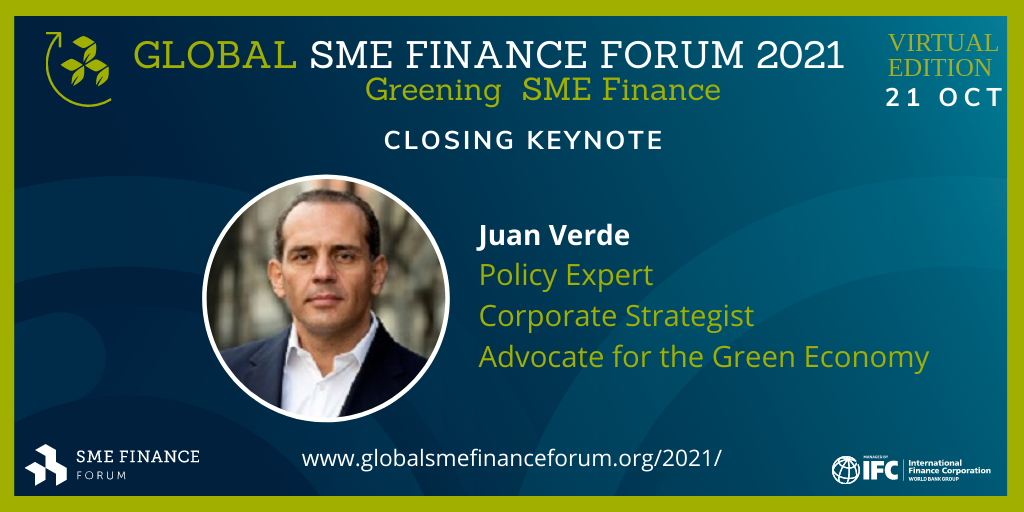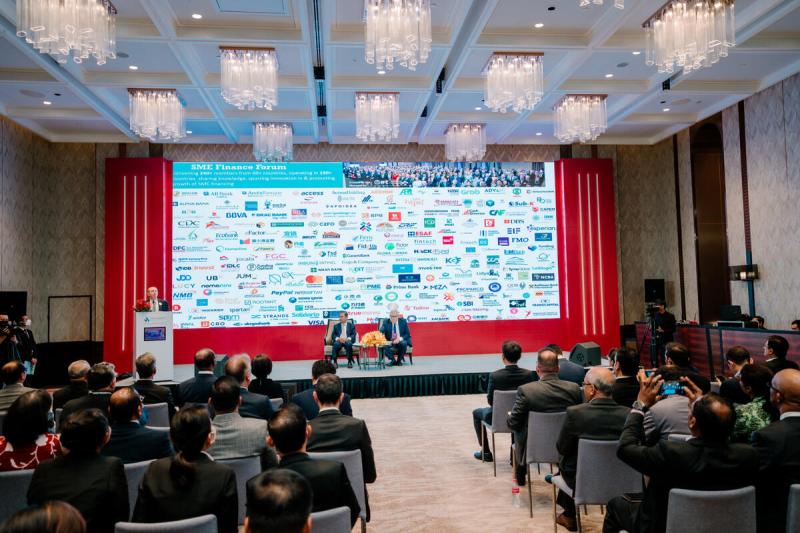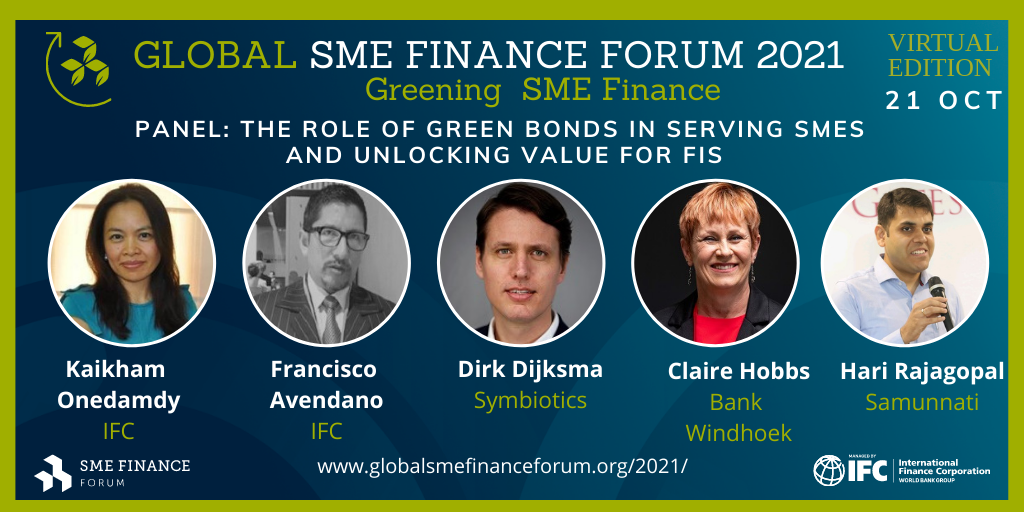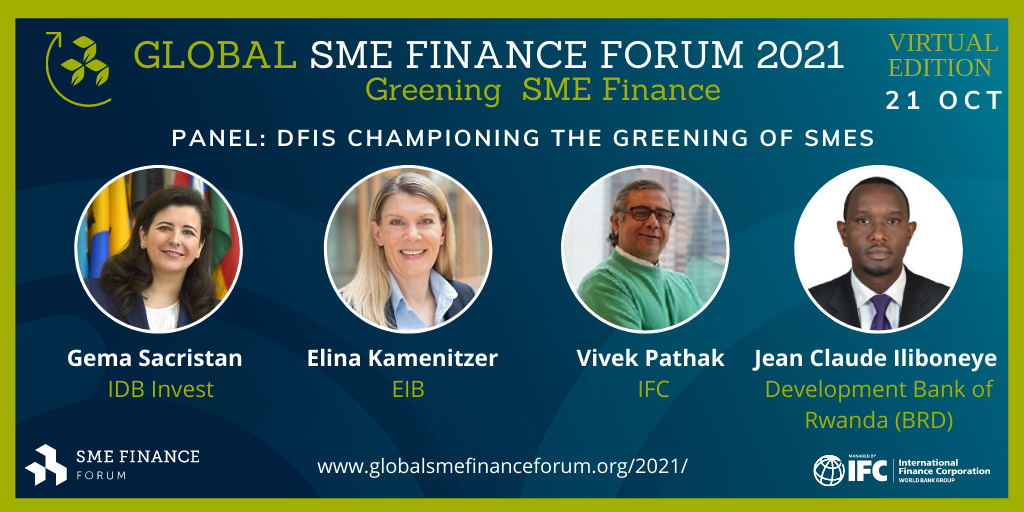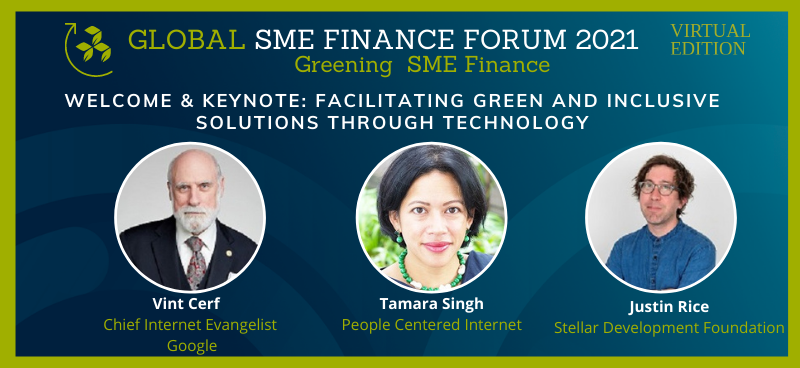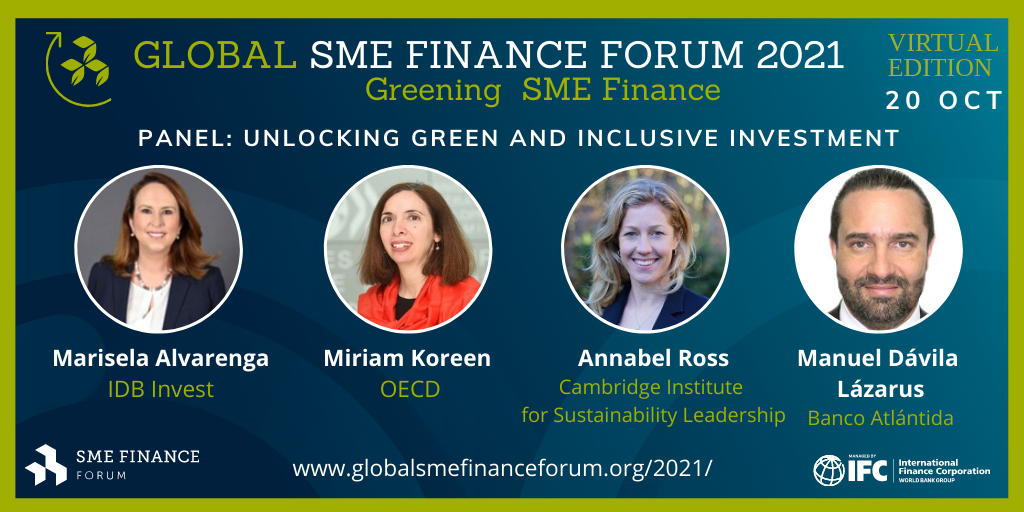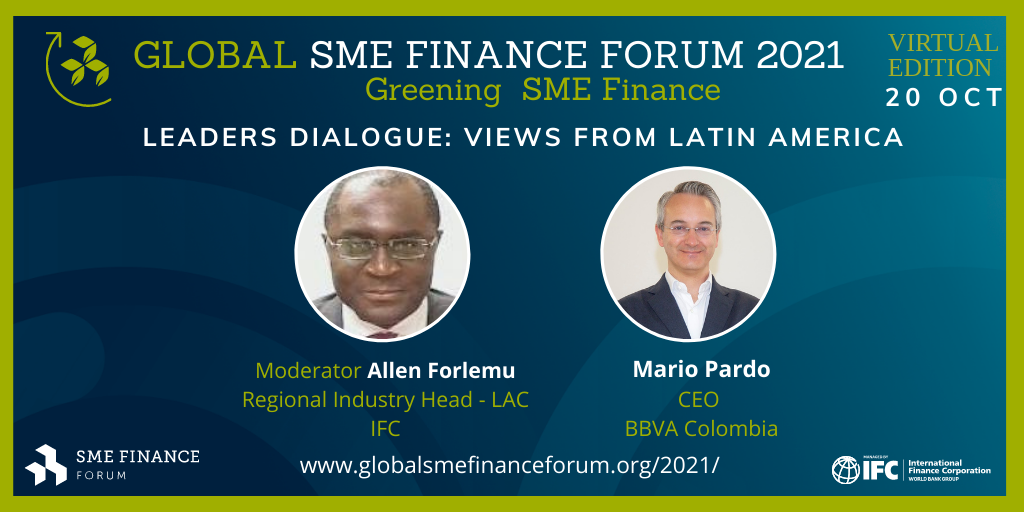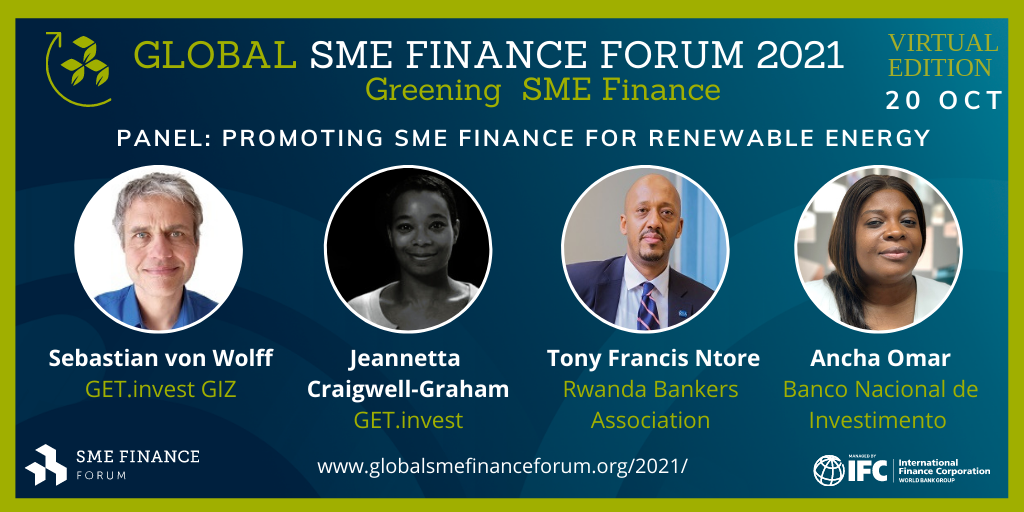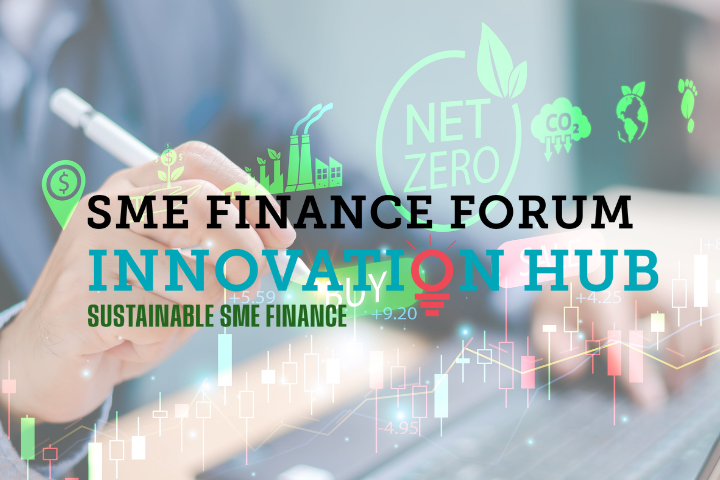Keynote
Speaker:
Juan Verde, Policy Expert, Corporate Strategist and Advocate for the Green Economy
-
Climate change is the greatest threat to the global economy but also a great opportunity. SMEs are an integral part of that challenge
-
Climate change already has massive consequences on human lives: Every year, exposure to air pollution is estimated to cause 7 million premature deaths and climate change could push more than 100 million additional people back into poverty by 2030
-
Transition to a low-emissions economic model is underway and was accelerated by the pandemic. It is not a passing trend. It makes economic sense for investors to commit more money in the area and the consumer will always choice the sustainable product option.
- The SMEs with their innovation and technology are key drivers for green growth. They are agile, close to the market and the consumer. They can identify new trends quickly and can rethink their business model when faced with climate change challenges. They can help promote more sustainable behaviors through their employees and customers
Words of Wisdom
“SMEs are closer to the client, closer to the supplier and closer to the market. And, to me that's good news because SMEs can identify trends quickly. They can adopt and mitigate negative impacts and transform cultures and habits in our communities. And they can have an impact on their employees, which represent about 65% of global employees.”
--------------------------------------------------------------------
Closing Remarks
Paulo de Bolle, Senior Director, International Finance Corporation (IFC)
-
I am delighted to have the opportunity to join you at the end of this year’s Global SME Finance Forum 2021. There were many interesting and engaging discussions over the past four days NOT ONLY about the important roles of the SMEs in job creation and economic development BUT ALSO about their critical roles in fighting climate change. As various speakers have noted, SMEs represent more than 90% of all businesses and contribute over 50% of GDP in emerging market countries. Therefore, transitioning into a green economy must also mean helping SMEs go green.
-
Transitions are complex and take time, expertise and investment. All of which SMEs generally don’t have. This is why many of our speakers talked about the need for more patient capital to assist in moving to greener, more sustainable SMEs.
-
As the Director for IFC’s investments in the financial sector, I am particularly pleased to see that 76% of the more than 1,800 participants here are from financial institutions. Your interest and enthusiasm about the important topic of greening SME finance is very encouraging.
-
It is also strategically important for IFC. As of 2020, IFC’s Financial Institutions Group has worked with more than 75 banks and non-bank financial institutions around the world to promote energy efficiency and renewable energy financing, green building finance, climate-smart agriculture, climate-smart trade, and green bond issuances. IFC’s advisory clients in the financial sector have provided approximately $26.2 billion of financing for climate-eligible projects in emerging markets, contributing to accumulative GHG reduction of over 84 million tons per year. Furthermore, IFC supports market-level interventions developing green finance and green bond policies and standards in various countries and facilitates industry partnerships that connect financial institutions with other market players, technology suppliers, and academic and training institutions – all in cooperation with policymakers and industry associations.[i]
-
IFC’s “30 by 30 Zero” Program is helping banks world-wide to increase climate-related lending to 30 percent of their total portfolios by 2030, with zero or near zero coal exposure. To reach this goal, IFC harnesses the local financial sector to scale up private sector financing for climate mitigation and adaptation projects, in line with NDC targets[ii].
-
Last but not least, I would like to take this opportunity to extend my heartfelt congratulations to all the 2021 Global SME Finance Award winners for having won the fifth edition of this prestigious awards competition, as well as those receiving honorable mentions. I know that there were many entries in this tough competition – but I also know that these winners represent just a fraction of the noteworthy work going on in this field. I encourage all of you here, winners or not, to think about what you might nominate next year and beyond!
- Thank you and I look forward to meeting you at next year’s Global SME Finance Forum 2022, hopefully in person, and I wish you all every success in the journey to serve the SMEs!


